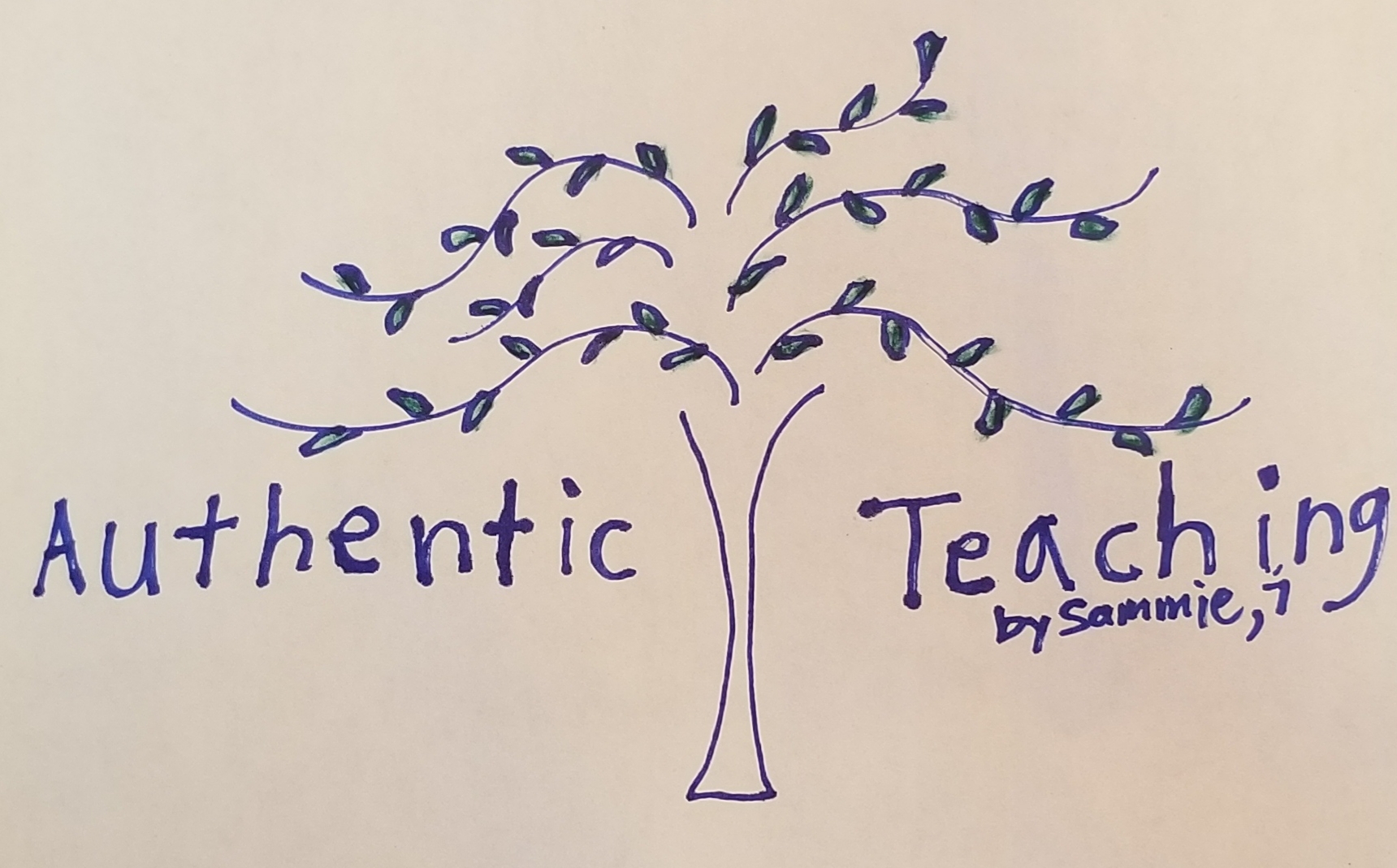
One of my friends said this week “The honeymoon period is over”. Like all groups – a classroom, a teaching team or a school will move from a phase of endless possibility to the true work of creating a community. When the “honeymoon” ends…the real work begins. One of the best descriptions I have ever heard of about groups uses this concept developed by psychologist Bruce Tuckman of the stages of a group achieving success.

We have left the forming stage for most of our classrooms, grade level teams, or schools and are making the tough transition into the “storming” phase of group formation. This is where a group must find the ability to effectively work through their differences, problems, and concerns so they can transition into “norming” which ultimately leads to “performing”. This storming phase requires so much effort, heartache, stress, dedication, and attention that it is often the stage that zaps teachers of their energy and focus.
Like the iceberg concept of success, what happens during these darker times, is literally the most essential part of moving the group forward towards a successful team of people that are driven towards one goal. This time requires all of the growth mindset goals we see here to achieve that magical place where our class, team, or school is performing like a well oiled machine.

So – is the honeymoon over for you? Are you storming right now? Here are some ways to find your way out of the storm, set some norms, so your class, team, or school can perform!
- Stop to assess what the issues are so you can plan for how to address things positively. You might want to use the 5 How’s worksheet on Authentic Teaching TPT if this is happening in your class. https://www.teacherspayteachers.com/Product/How-To-Planning-Sheet-4750755
- Isolate out whole group issues vs. individual issues. You can then make a plan for whole group issues you need to solve and work on individual plans for those who need them. Here is a tool to help you evaluate what is happening with a specific student from Authentic Teaching TPT https://www.teacherspayteachers.com/Product/Student-Behavior-Motivation-Educator-Plan-4800920
- Think about what is happening under the surface for a particular student or teammate that you may not be aware of. Just like the iceberg shows us only the tip of what it takes to achieve success, we only see the tip of a person’s life. Take the time to learn more and figure out what is under the surface.

- Think about new norms that need to be set for the group that can move you out of the storming phase. Sometimes having a tough conversation with students, parents, teammate that is said with love and care can solve many concerns and help create new expectations for everyone involved. I loved this article on all the steps of having a tough conversation https://www.judyringer.com/resources/articles/we-have-to-talk-a-stepbystep-checklist-for-difficult-conversations.php .
- Make sure you have a clear idea of what “performing” for the class, team or school looks like so you can create a shared goal that everyone is working towards. Sometimes we assume (and you know what that makes us) that our class, our team, or our school has the same goal we have for what it means for this group to be performing. I really like the simple, straightforward steps of this article on how to develop a shared goal https://magazine.vunela.com/4-steps-to-creating-a-shared-vision-that-will-energize-your-team-82b801e742ed .
Never forget that success is like an iceberg. People rarely see the work and effort put in to achieve it. So, if you are having one of those times where it seems to be too much – remind yourself that all this under the surface work leads to success. Hang in there and give others grace so that your class, team, or school can achieve success together by moving through storming and norming to performing.


